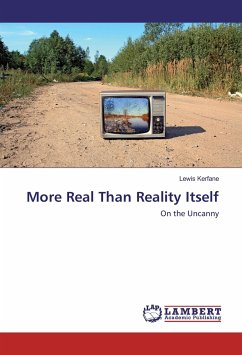
Real Split in the International
Versandkostenfrei!
Versandfertig in über 4 Wochen
68,99 €
inkl. MwSt.

PAYBACK Punkte
34 °P sammeln!
The book sees Debord not only evaluate the movement as a whole, but also signal the end of it. For him, it had become clear that the Situationist's success had produced - within its own ranks as well as outside them - a host of fans and "onlookers" who amounted to little more than consumers of a radicality that had become fashionable. In this way the movement had begun to encompass the very "society of the spectacle" that the Situationists had challenged. There was a danger that Situationist theory could turn into ideology - Debord's reaction was to break up the movement.
First official English translation of cult philosophy title by French Situationists featuring Guy Debord.












